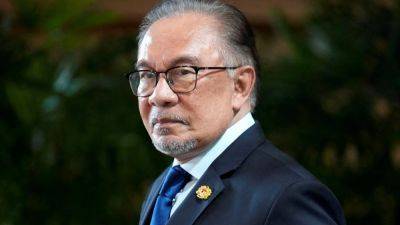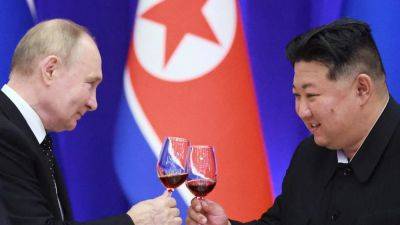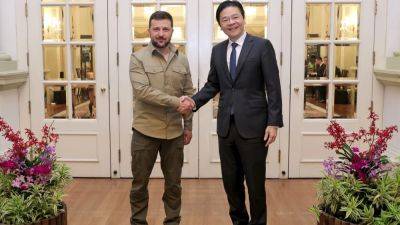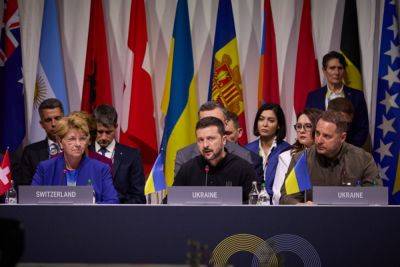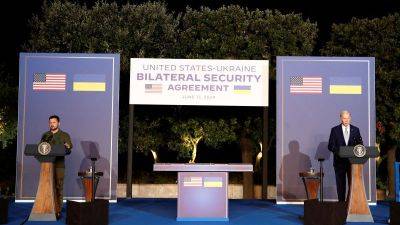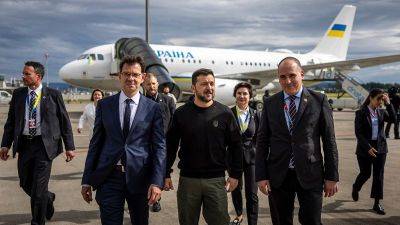Why Ukraine’s peace summit had so little to show for it
02:29
China urged to help end Ukraine war by President Volodymyr Zelensky at Shangri-La Dialogue
This narrative, however, seems a little stretched. Blaming China alone for the absence of some countries overlooks the broader geopolitical complexities.
One force aims to frame the conflict in a “good vs evil” narrative, which translates into supporting vs opposing Russia. Another group advocates for a ceasefire and cessation of hostilities – with some uncomfortable compromises, of course – as the top priority.
02:02
China skips international peace conference on Ukraine, calls for negotiations ‘as soon as possible’
During the Swiss session, this second group dictated the agenda and proceedings. The conference drastically lowered its ambitions under pressure from this group. Initially set to discuss 10 goals, it eventually agreed to focus on only three: food security, nuclear safety and humanitarian assistance.
Anticipating swift rejection from Kyiv and Western capitals, Putin deliberately tabled terms meant to garner media attention and diminish the summit’s significance. Zelensky faced another setback at the summit when the next meeting’s venue remained undecided.
It’s essential to recognise that the summit’s objectives were ambitious, and the varied levels of engagement reflect diverse global perspectives on the Ukraine conflict. But while the summit didn’t achieve its primary goals, it did highlight the need for continued diplomatic efforts.
The mixed reactions underscore the intricate dynamics of international relations, especially in addressing such a profound crisis. The takeaway is clear: Zelensky needs to do more homework before launching such ambitious meetings.
02:20
Ukraine’s Zelensky discusses ‘territorial integrity and


